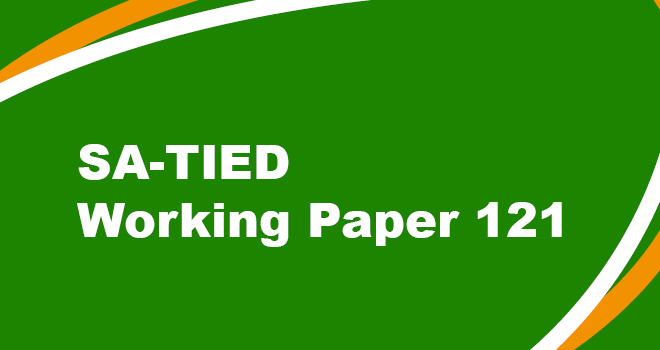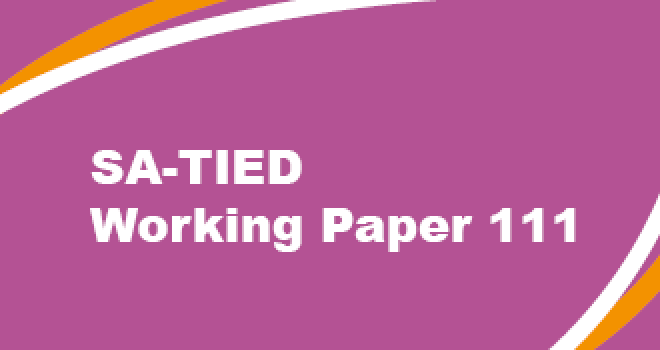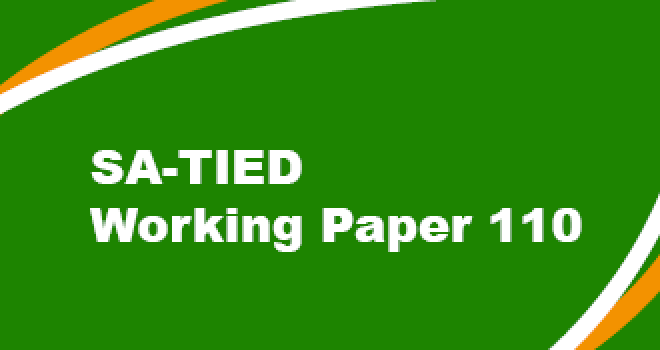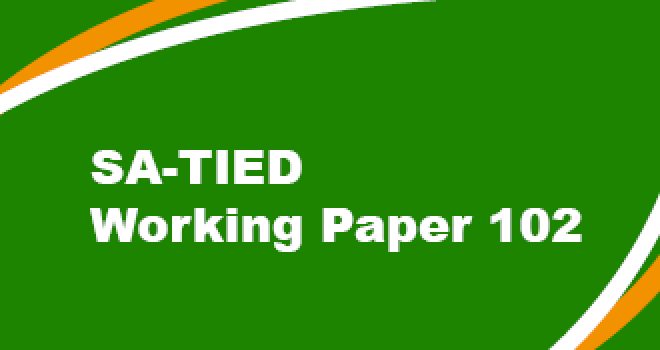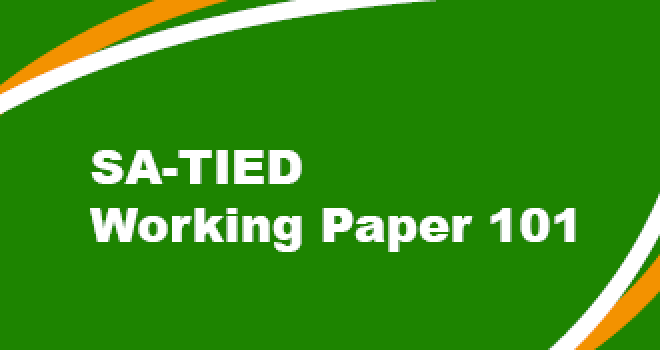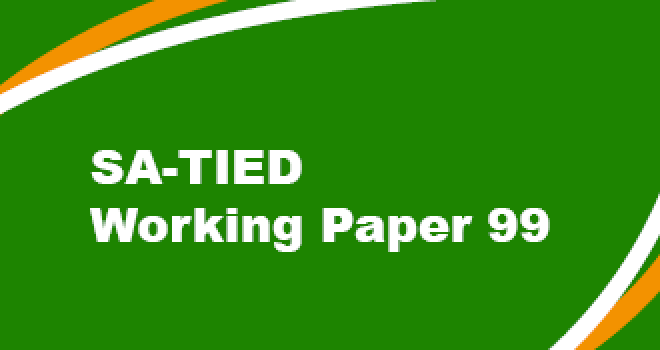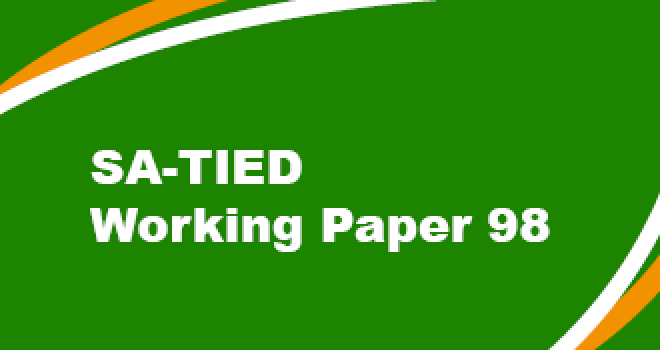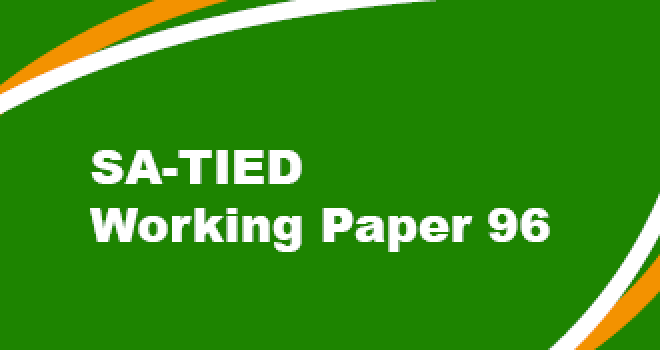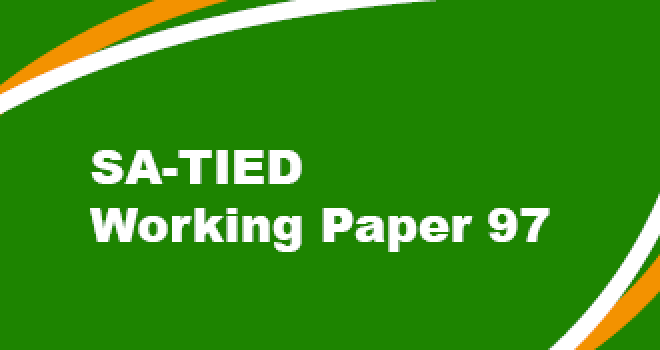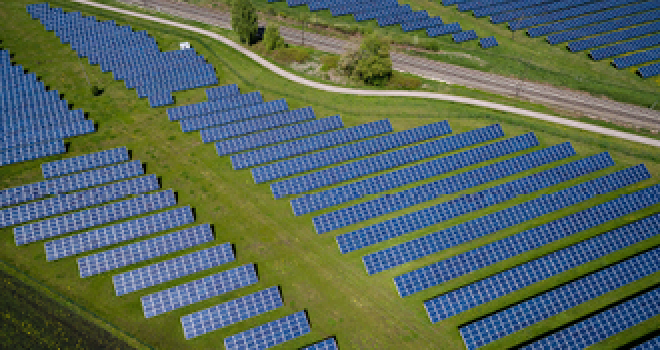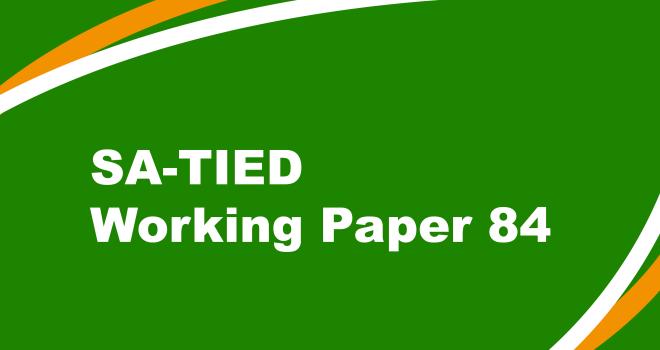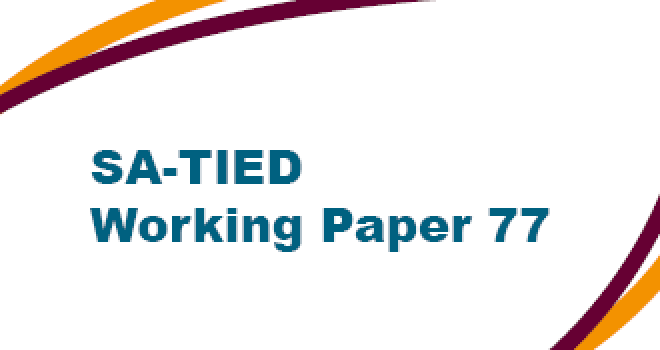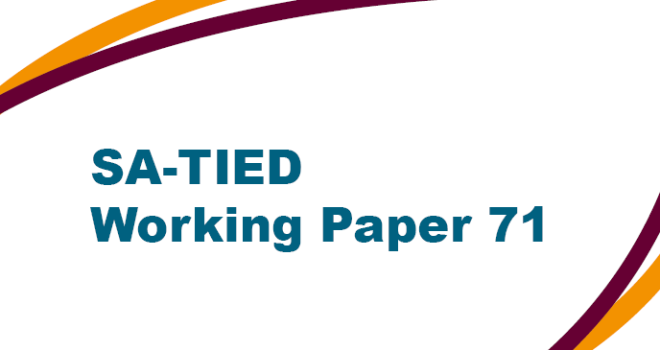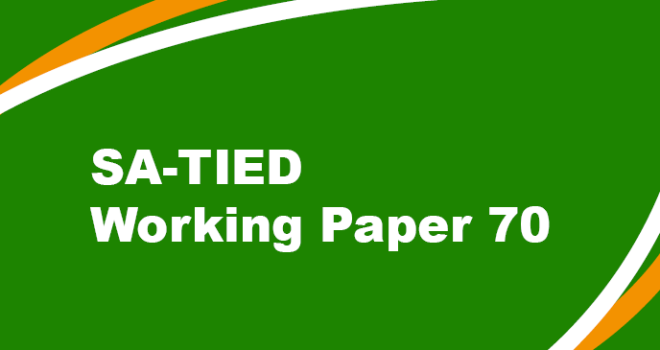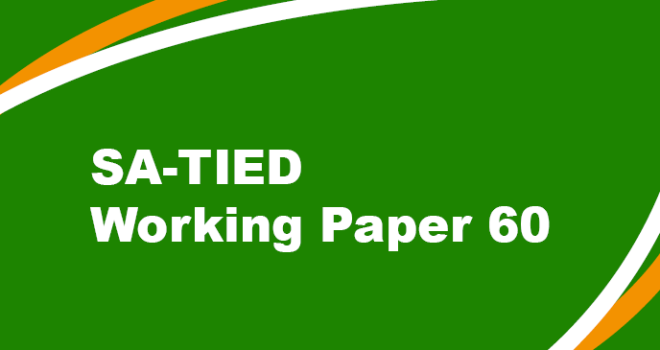Water-Energy-Food in the Context of Climate Change
Even though the bottom half of South African households spend 30–50% of their income on food, one quarter of South African children aged 0-5 are stunted due to malnutrition. This is just one example of how the interaction of the water, food, and energy systems with the economy and the global environment impact people. They sit at the heart of Southern Africa’s current challenges. To complicate this picture, energy and food production are the dominant sources of greenhouse gas emissions in the region.
This work stream will assess this complicated interacting food, energy, and water system nexus to provide potential solutions to regional challenges and combat climate change. This will mean special attention will be paid to opportunities to solve these crises with green investments and renewable energy sources.
A non-sectoral approach
One of the novel aspects of this work stream is that it engages with other work streams to better align food and agriculture policies with employment and social protection policies. This approach differs from a previous understanding that solutions to energy issues, or water issues, could be applied to single sectors. Solutions are better applied, and more relevant to policymakers, holistically —water, energy, malnutrition, and health and wellbeing are all interconnected issues that also impact job creation, the economy, etc.
Advancements in research
Phase I of this work stream saw the development of SATIM-GE, a linked energy–economy-wide model, for the analysis of energy policies. Phase II will build on this success and develop an integrated agriculture/food/water-CGE model for exploring different policy issues in food and agriculture, land reform, and water conservation. These models will facilitate research that can lead to realistic strategies for policy implementation in a context of climate change.



